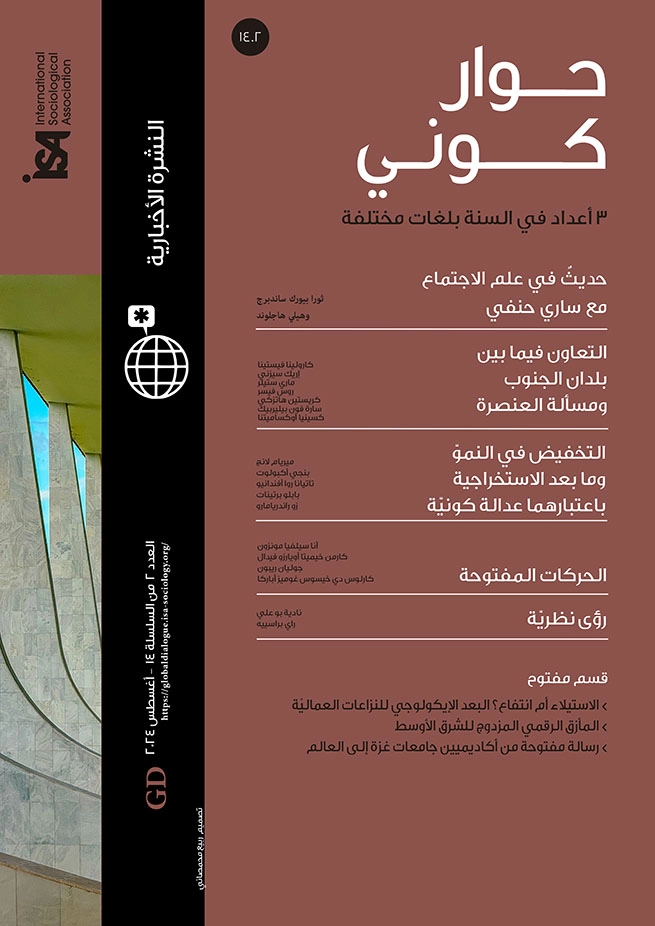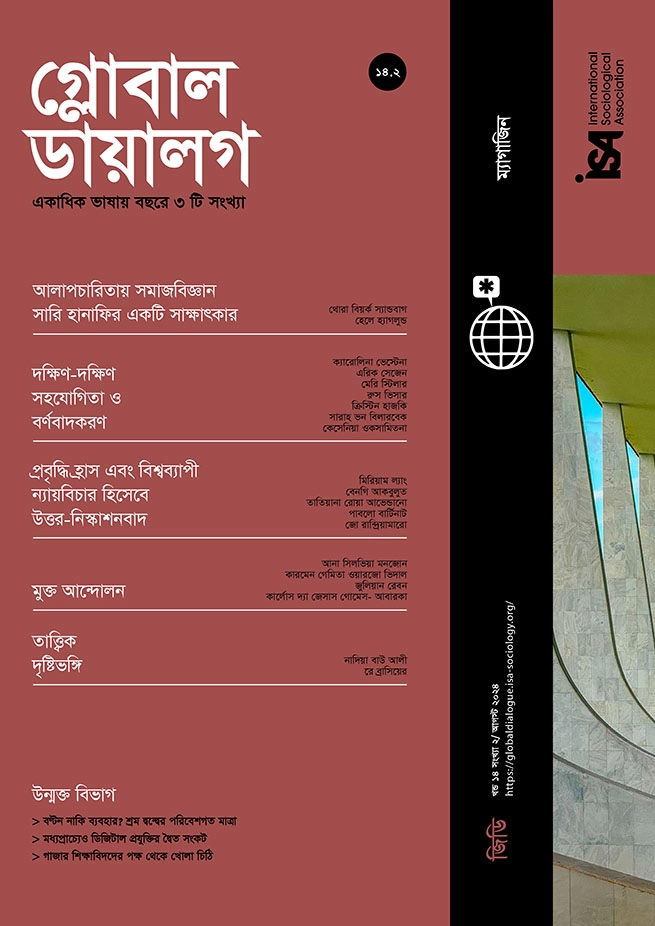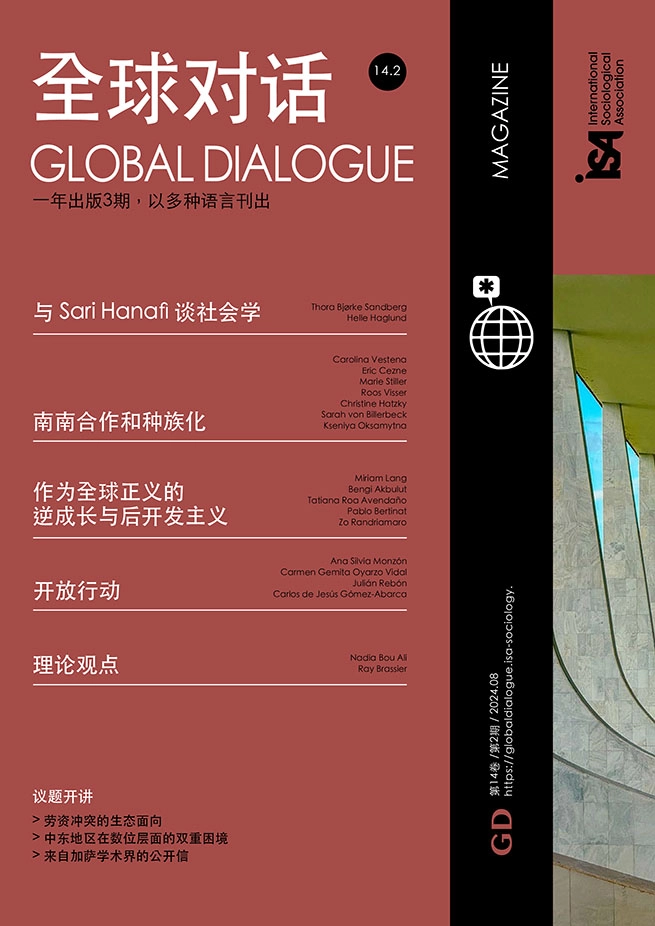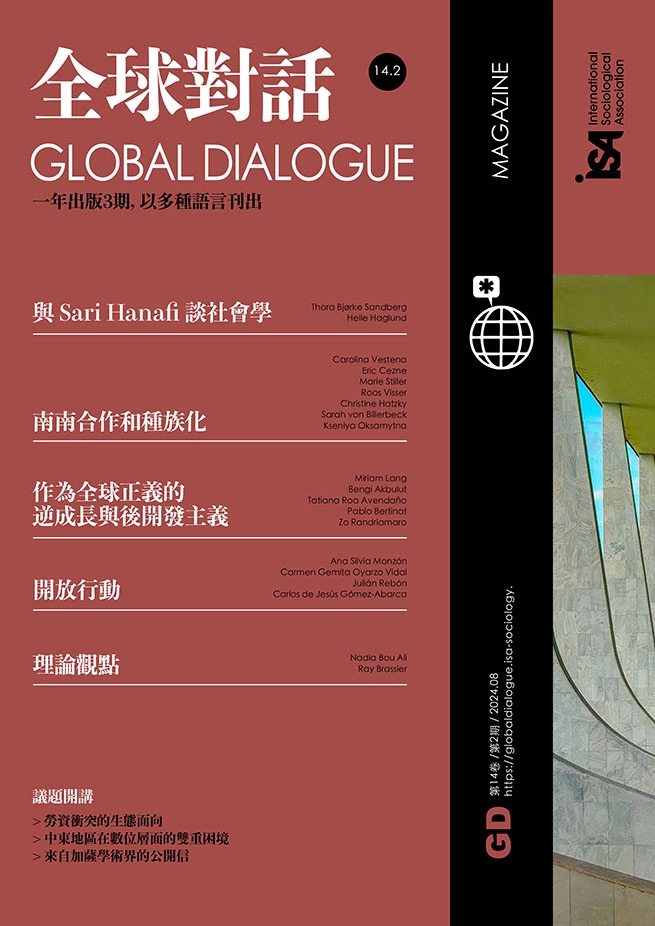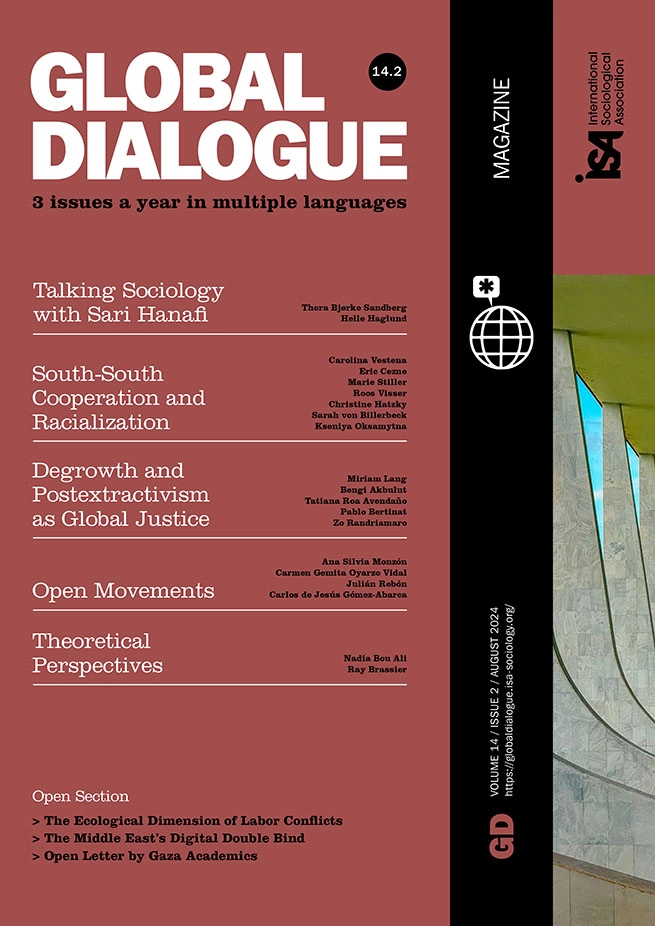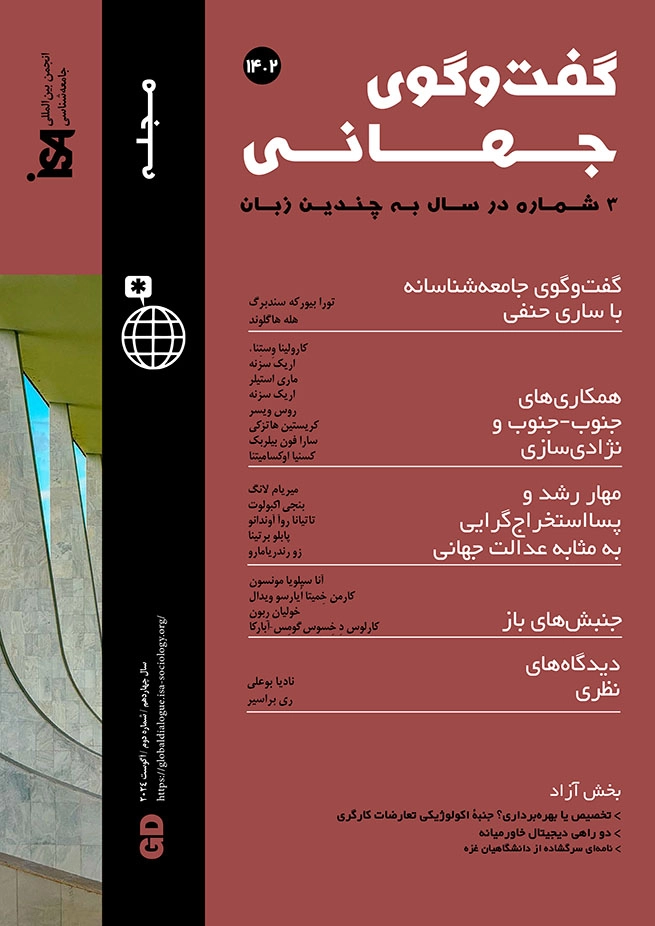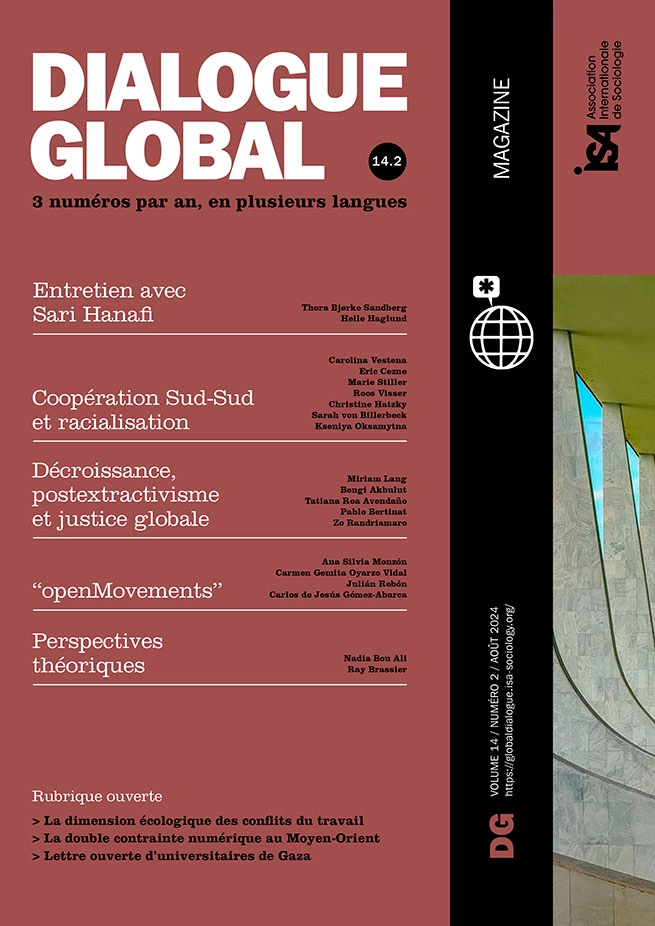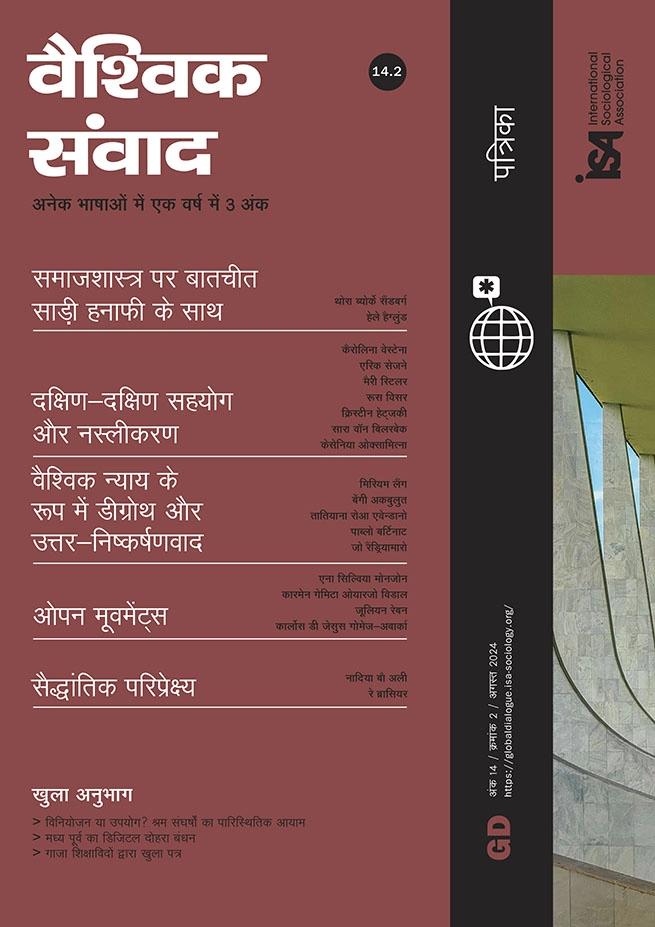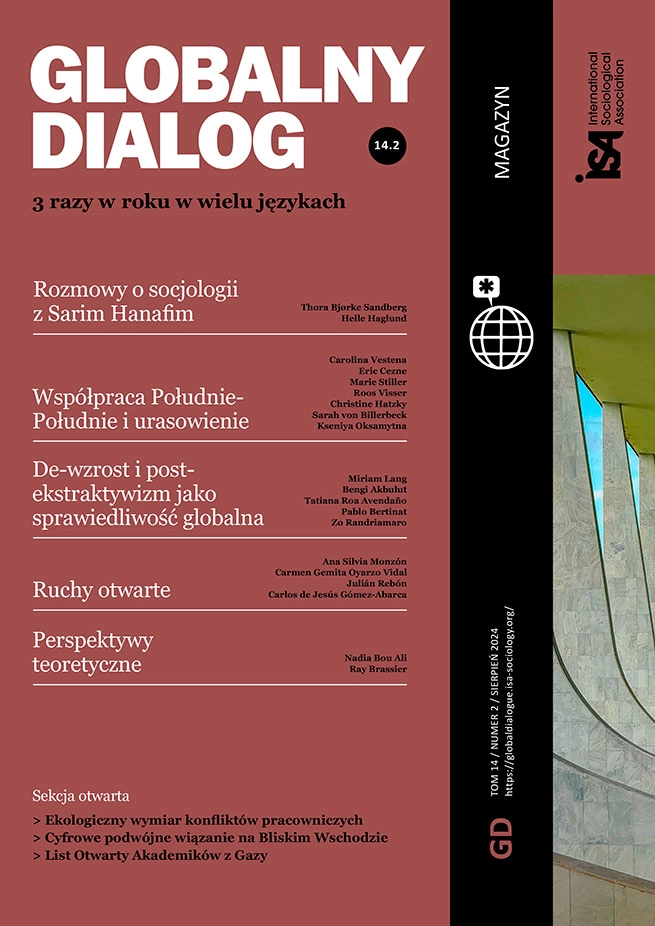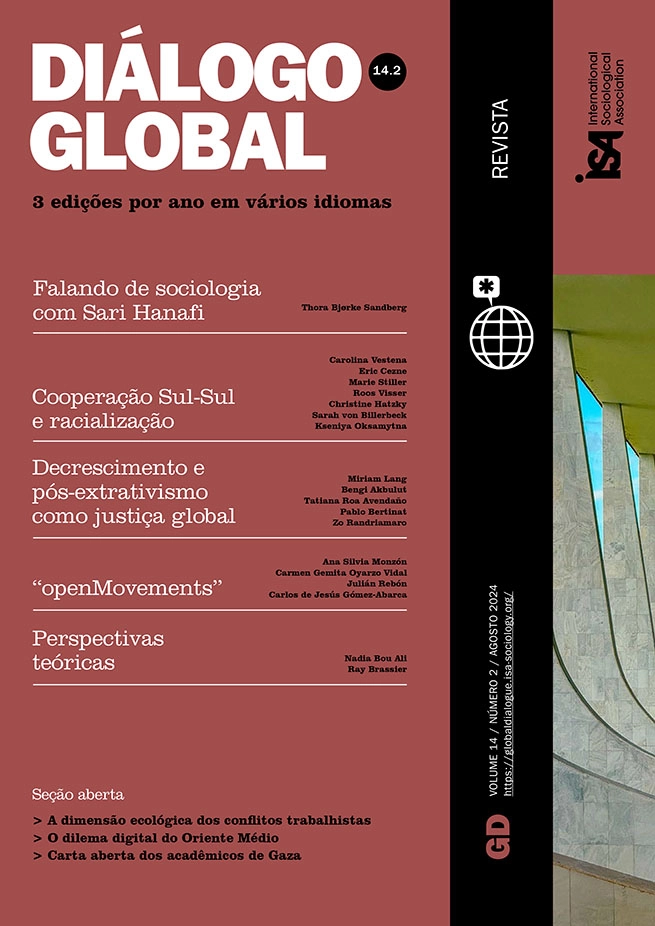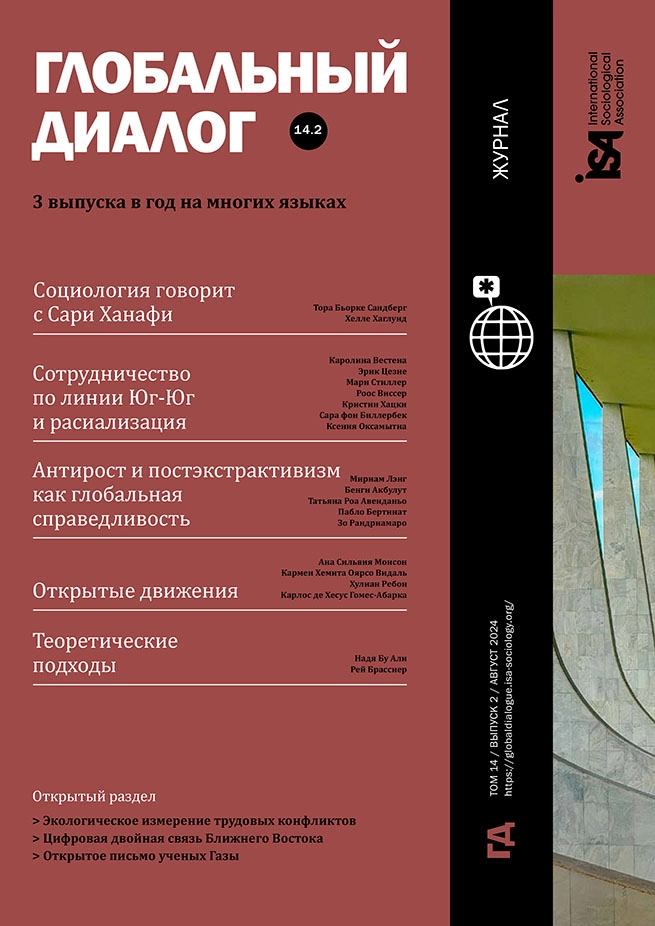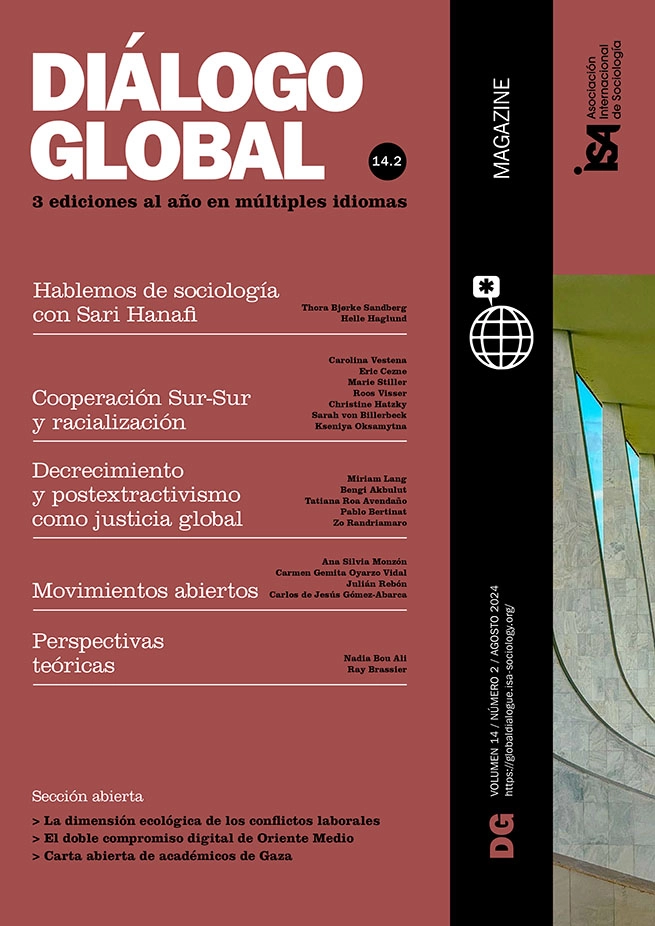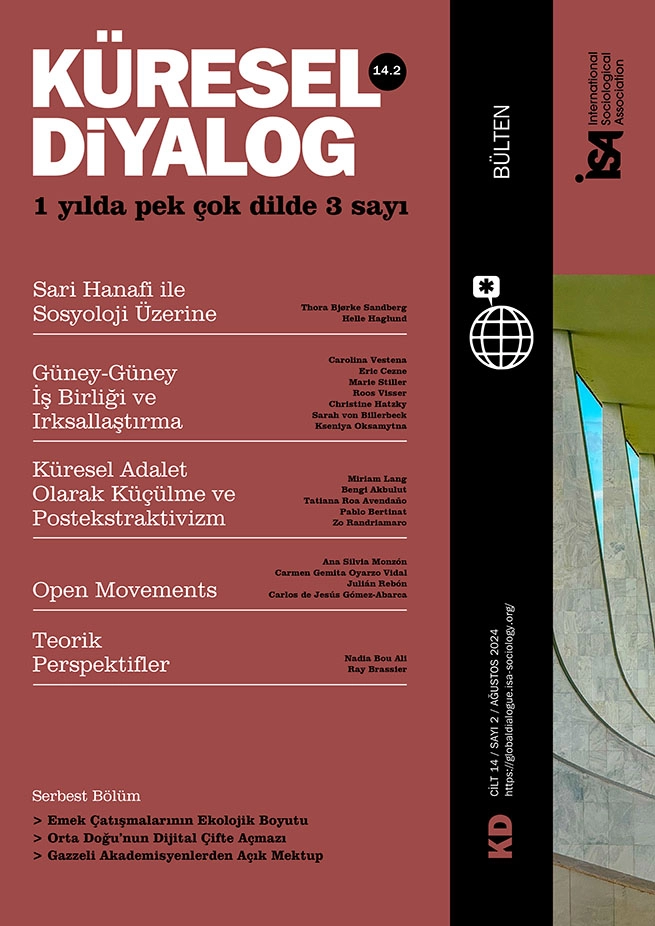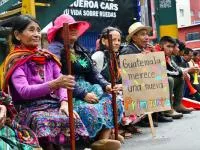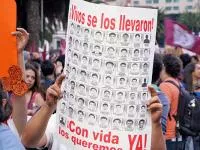Social Movements After the Failure of the Constituent Process in Chile
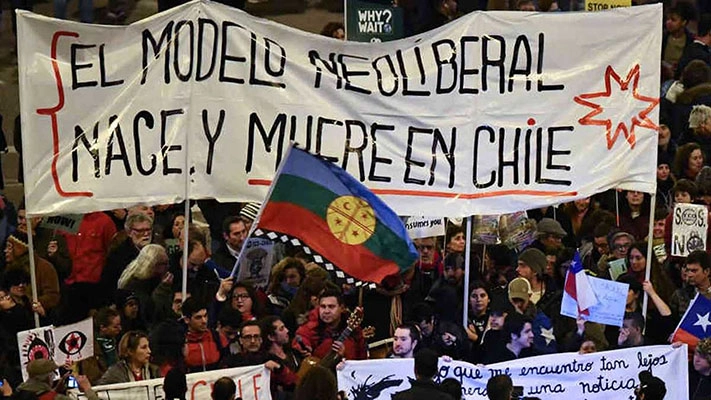
July 15, 2024
In October 2019, Chile experienced the beginning of the largest mobilizations in its contemporary history. There were many assessments by Chilean sociologists of this cycle of protest, but three main theses should be highlighted. The first, quite widespread, suggests that the 2019 uprising marked the peak (and also the closure) of a previous stage of mobilizations calling for the restitution of social and political rights. That cycle was initiated in 2011 with the student movement, whose social demands could not be met without a new democratic order. A second interpretation refers to the autonomization of protest and describes the distancing of social mobilization from institutional political actors, such as unions and political parties. In the Chilean case, the fracture between institutional politics and social movements had its maximum expression in the Constitutional Convention of 2021. Thirdly, there is the thesis that the process of politicization experienced by Chilean society between 2019 and 2021 was a contradictory and complex phenomenon that arose out of the paradoxes of everyday experiencing of neoliberalism. Such a situation produces, on the one hand, a strengthened image of individuals and their capacities for action and, on the other hand, a perception of injustice and inequality. The thesis of the politicization of subjective discomfort would explain Chilean society’s difficulty in imagining an alternative collective project to neoliberalism.
The constitutional experience of 2021 and defeat in 2022
After the massive protests in Chile at the end of 2019, the majority of the country’s political parties agreed to undertake a process of citizen consultation in order thereby to initiate a new constituent process. In October 2020, a referendum was held in which more than 78% of voters approved the beginning of a constituent process, which would be conducted by a “Constitutional Convention”, elected in May 2021. It was the first time that representatives of historically excluded social groups (women, indigenous people, and members of different social movements) found themselves in an institutional space in which they had decision-making capacity and public influence. It was also the first time a Chilean Constitution would be drawn up by a democratically elected constituent process throughout all the steps.
The composition of the elected Constitutional Convention was characterized by the prominence of independent candidacies, which obtained 48 of the 155 seats, and the fragmentation of the progressive forces called to reestablish democratic order. Much expectation was deposited in the constitutional process which, for the left, was seen as the primary political outcome of the 2019 protests and a real opportunity to re-found the country and overthrow the 1980 Constitution, approved during the dictatorship of Augusto Pinochet (1973-89).
The constitutional debate brought tension to bear on political and social matters that had been taken for granted in the previous period, such as the homogeneous character of Chilean society, the unity of the territory, and the concept of nation. It also introduced the notion of social rights based on solidarity.
The work of the Constitutional Convention resulted in the presentation, in July 2022, of a proposal for a new Constitution for Chile, which required ratification by the population two months later. The text recognized and incorporated historically marginalized groups and had an ecological and plurinational outlook. However, on September 4, 2022, in the referendum held to approve or reject the constitution, in which more than 85% of the population participated (it was the electoral process with the highest participation in Chilean history), the proposed text was rejected by 62% of the votes versus just 38% in favor.
Emotions and reasons for defeat
The outcome of the elections left activists and social movements perplexed. When they recall the impact of that moment, they explain that the months of work of the Convention were so intense that the members apparently failed to realize in time that the contents of the constitutional proposal simply did not make sense to a broad section of citizens. After the intensity of the constitutional discussions, the nucleus of activists who had devoted themselves to the work of the Convention began to perceive the disaffection of the ordinary people only during the electoral campaign, when it was already too late to alter the process. Most painful was the realization that “the people” were not with them. However, they seemingly refused to accept that reality; they thought they could win because there was so much will for change.
Due to the sacrifice involved in carrying out the process, the activists experienced pain when the result came in. In my research, I interviewed several activists who described the defeat as involving a process of mourning. The electoral failure of the constituent process marked the death of hope for social change, for which some had been fighting for decades. After the intense mobilizations of 2019, there was tremendous hope to finally have the social and political strength to bring an end to Pinochet’s constitution and the model of social and political injustices it enshrined.
On the other hand, many of the activists engaged in the process felt that they had wasted time and energy. An interesting aspect is a gap between the daily life of the activists most committed to the process and what, in their opinion, was happening “outside the convention”. The balance sheet acquires a sacrificial tone in the narrative of the different activists: the memory of exhausting working hours, the lack of sleep to meet deadlines, and the postponement of family or leisure time, makes them feel that the population in general did not reciprocate all the energy they had put into the process.
The pain of defeat was followed by anger at the ingratitude of the voters who were supposed to be the recipients of the social transformation the new constitution could promote. Assessing voter behavior and why a large majority rejected the proposal generated tensions among activists. Immediately after the results, the most skeptical could not bring themselves to believe the electoral disaster. At the same time, the most disappointed thought that ignorance and the campaign of disinformation led by the right explained the electoral result. Others blamed themselves for not having done enough to convince people. But the result was clear: there was not a single region of Chile where the “yes” to the new constitution won.
Almost two years after the electoral debacle, activists have reflected more deeply on the distance between their demands and the people’s common sense. When they recall the passion and bitterness with which some wrote off the popular vote, they believe that disregarding or ignoring the voters’ reasons does not lead them anywhere. Above all, during the group interviews I conducted, the participants agreed on the impossibility of building political majorities if those who claim to represent popular demands ignore them.
Although activists still express their sadness at the failure of the process, they now recognize the importance of not idealizing the people or trivializing their motives. They also believe connecting with the material concerns of people living in the most challenging conditions is necessary to understand why certain political discourses do not make sense to those people or why they are not interested in advancing this type of social change. It is, therefore, essential to understand why it is so costly to imagine a social order based on solidarity.
When activists discuss other reasons for the defeat, they also recognize their difficulties in negotiating with their ethical and political principles. During the most intense moment of the social mobilization, they came to believe that anything was possible and that they had sufficient strength to displace the traditional political actors. Reinforced by the unexpected electoral triumph of 2021, they thought it was unnecessary to negotiate even with the established parties.
Regarding the radical nature of some of the content of the constitutional proposal and the need to moderate it, the assessment made by the movements is that the constituent process was a historic moment for advancing the transformations that the country needed. It was the time to ask for everything and leave everything sorted and sealed because the parliament could betray them in the future. However, the interviewees recognized that there was also arrogance and intransigence on the part of their organizations, which, driven by their triumph and a desire to make their majority tangible, refused to negotiate or listen to the arguments of others.
Moreover, political support for a new constitution required more than just conceding on specific issues in the text. The deep social and institutional transformations sought by the 2022 constitutional proposal required a prior social and political consensus. That consensus did not exist in Chile, even if the movements had the strength to carry the constituent process forward.
Is all lost? Latent tensions and territorial shift
Although groups of activists who participated in the Convention have already formed alternative political parties (as in the case of Solidaridad para Chile) everything seems to indicate that the conquest of spaces of representation and the construction of popular bases will be a long and challenging road for social movements. So far, there is no viable way to overcome the political fragmentation that characterized the former Constitutional Convention. The movements’ distrust of the governing parties suggests it will be very difficult to build alliances in the future.
The territorial bet seems most robust in the eagerness to preserve the identity of their movement. The multiple meanings of territory help us to identify the priorities of the movements after the defeat and their relations of cooperation and conflict with other actors (including left-wing parties). We can recognize at least three relevant meanings in the current Chilean movements. First, territory defined as a geographical and socio-ecological space shows a broad environmental awareness that is quite transversal among activists and not only between those who currently act or cooperate with environmental organizations. In addition, it highlights the importance of territorial diversity in Chile. Living in the north, center, or south of the country is different. Smaller communities have less difficulty thinking of themselves as a collective with a single identity than large, spatially and socially segregated cities do.
The territory also emerges as a political space and as a belonging group. Social movements identify their social bases of support and who would be the targets of the “territorial work”. As socio-political spaces, territories encompass diverse people and forms of daily coexistence in which organized groups recognize themselves. From this point of view, the territory is a space of meaningful interactions that define activists and allow them to be recognized by others as valid interlocutors.
Finally, the work with representatives of Mapuche communities revealed a third meaning of territory. For the Mapuche communities, the territory is a space where their entire way of life is at stake: material life (access to land and water), political life (a set of rules of coexistence), and spiritual life. The land and the rivers are connected and engage communities with the memory of their ancestors. So, understanding that the Mapuche are their territory, the space of political coexistence is that of the communities. The community is the primary means of organization for families that share a territory. They are small communities in which coexistence is administered by a political authority (lonko) and a spiritual authority (machi).
These different meanings of territory are vital to understanding the political action of social movements in Chile after the defeat of the constituent process. Political engagement occurs when representatives of movements are recognized, replacing the categories of “grassroots” or “people”. However, it is a reduced political space in which subcultural or community ties predominate. Social movements may become testimonials left without the capacity to influence the public agenda. But, in politics, two years is a long time. It is necessary to wait and see how the movements fare in the connections between the different territories and in the generation of new mediations that may echo in the upcoming municipal and parliamentary elections and in the various spaces of representation.
Carmen Gemita Oyarzo Vidal, Universidad Autónoma de Chile, Chile <carmen.oyarzo@uautonoma.cl>

